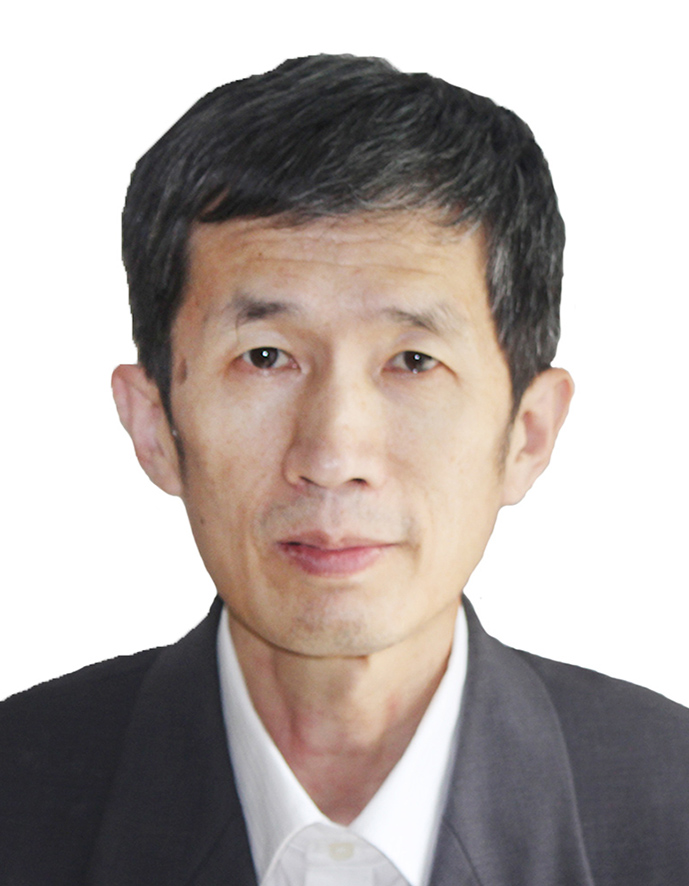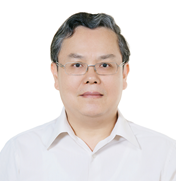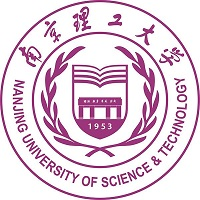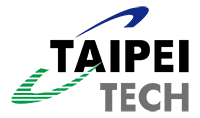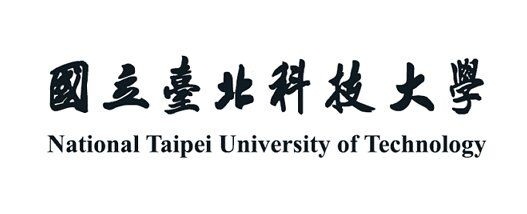
|
| Hong
Kong Chemical, Biological & Environmental Engineering Society
(HKCBEES-CMS) |
Keynote Speaker I
Prof. Xiaoheng Liu Nanjing University of Science and Technology, China
Biography: Dr. Xiaoheng Liu completed his M.Sc degree in 1994 at University of Science and Technology of China (USTC) under the supervision of Professor Tiantang Yan. He obtained his Ph.D. in 2000 at Nanjing University of Science and Technology (NJUST) under the supervision of Professor Xin Wang. In 2004 he was a visiting fellow, in Professor John White’s group, Chemistry Research School, Australia National University, and in 2009 he was a senior visiting fellow in Professor Paul O’Brien’s group, Chemistry School, University of Manchester, UK. Since 2006, he has been as a full professor in the materials chemistry department at NJUST. His current research is focused on the synthesis of inorganic nanosized materials and their applications in energyand environmental areas, including specializing in the synthesis and characterization of sol-gel processes, and photocatalytic investigations. Since 2007, he has been a council member of Chinese Materials Society.
Keynote Speaker II
Prof. Shen-Ming Chen National Taipei University of Technology, Taiwan
Biography: Prof. Shen-Ming Chen (h-index > 60) received his PhD
degrees in chemistry from National Taiwan University, Taipei, Taiwan. He was
a visiting postdoctoral fellow with the Institute of Inorganic Chemistry,
Friedrich-Alexander University Erlangen-Nuremberg, Germany in 1997. He
joined Department of Chemical Engineering, National Taipei Institute of
Technology, Taipei, Taiwan in 1985. He had been an associate professor of
Department of Chemical Engineering, National Taipei Institute of Technology,
Taipei, Taiwan from 1991 to 1997. Since August 1997, he has been a full
professor of Department of Chemical Engineering and Biotechnology, National
Taipei University of Technology. He has been the Dean (Curator) of library,
National Taipei University of Technology, Taiwan from 2000 to 2006 and the
Director of Extracurricular Activity, office of student affairs, National
Taipei University of Technology, Taiwan from 1995 to 2000. Speech Title: Synthesis of Graphene and Two-Dimensional Nanomaterial Composites for Electrochemical Biosensors and Energy Storage Applications Abstract: The existing carbon materials can be classified into activated carbon (0-dimensional), carbon nanotubes (CNT) (1-dimensional), graphene (2-dimensional) and carbon foams (3-dimensional). Among these, graphene is well known to be the top candidate; However, preparation of graphene from graphite is an intricate procedure that can lead to an explosion during the oxidation of graphite. The synthesis of a novel neodymium sesquioxide nanoparticles (Nd2O5 NPs) decorated graphene oxide (GO) nanocomposite under ultrasonic probe has been reported. After then, SEM, TEM, XRD, EDX and electrochemical impedance spectroscopy characterized was analyzed using Nd2O5 NPs@GO nanomaterial. Furthermore, the nanomaterial modified GCE (glassy carbon electrode) shows excellent electrochemical sensing performance towards anti-cancer drug. Raloxifene is one of the important anti-cancer drug. Moreover, the fabricated electrochemical sensor has showed a wide linear range for raloxifene between 0.03-472.5 µM and nanomolar detection limit (18.43 nM). In addition, the Nd2O5 NPs@GO modified sensor has been applied to the determination of raloxifene in human blood and urine samples. Recently, the layered molybdenum diselenide with crystal structure has been pointed out as an efficient electrocatalyst for various electrochemical applications due to its interesting properties. Especially, the defect engineering makes the new concepts and designs to further enhance the electrocatalytic activity of layered structures. Encouraged by these studies, we have prepared the transition metals (M = Mn, Ni, Co and Fe) doped MoSe2 and applied as the electrode materials for bio/electrochemical sensors, biofuel cells, and supercapacitors applications. (i) Thus, we demonstrated the synthesis of Mn doped MoSe2 and reported the resultant defective sites. The Mn doping not only helps for enzyme immobilization and also enhances the electronic conductivity of layered material. The proposed Mb immobilized MnMoSe2 (Mb@MnMoSe2) exhibited an ultra-low detection limit and higher sensitivity of H2O2. In real sample analysis, the Mb@MnMoSe2 showed a feasible recovery range for H2O2 detection in human serum, urine and water samples. On the other hand, an in-vivo study by using the living cells showed the feasible current response.
|
|
|
|
|
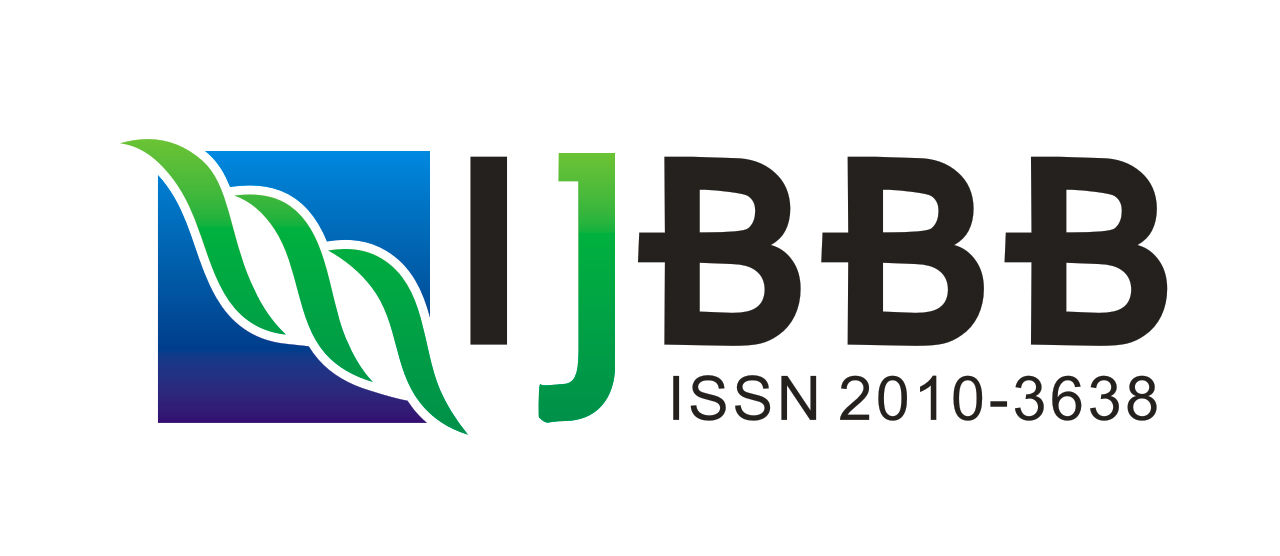 |
| International Journal of
Bioscience, Biochemistry and Bioinformatics (IJBBB, ISSN: 2010-3638) |
 |
|
|
 |
 |
 |
|
|
 |
|
|
 |
 |
|
|
 |
 |
 |
|
|
 |
 |
 |
|
|
 |
|
|
 |
 |
|
|
 |
 |
|
|
 |
 |
| Copyright©2014-2019
All rights reserved by HKCBEES. Contact us: Tel.: +852-3500-0137; E-mail: icabc@cbees.net |

